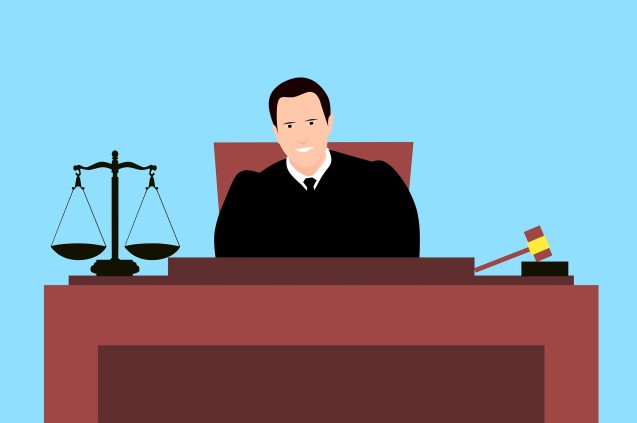
Trial judges have wide latitude over the evidence that comes into the record at trial. The judge might sustain an objection to your smoking gun, or could allow damaging evidence despite your valid objections. These problems may be raised on appeal, but appellate courts give trial judges wide latitude on evidentiary rulings.
But not in M.H. v. C.H. (D5 Mar. 18, 2022 no. F082268) 2022 WL 817842 (nonpub. opn.). In a proceeding for a domestic violence restraining order, the trial court “shall consider the totality of the circumstances” in making its ruling. (Fam. Code, § 6301, subd. (c).) This includes considering “the affidavit or testimony.” (§ 6300, subd. (a).)
In M.H., the trial judge held a hearing and denied the request for a DVRO. But the judge made it clear it was only considering the evidence at the hearing, and not the plaintiff’s affidavits. The judge candidly offered that "Had those [affidavits] come into evidence, the Court in all likelihood would have granted this request.” (The Court of Appeal appreciated this candor: “We commend the trial court for clearly explaining on the record the basis for its decision and the consequences of its determination to limit its evaluation to matters presented at the hearing.”)
The Fifth District Court of Appeal held that the trial court’s refusal to consider declarations or evidence other than offered at the evidentiary hearing “is contrary to law. Application of this erroneous view was a prejudicial abuse of discretion.”
The court also cited published cases holding similarly:
Comment: Note the ambivalent framing of the nature of the trial court’s error: the court frames it as both “legal error,” and as “abuse of discretion.” (At one point in the opinion, the court acknowledges that “conclusions of law are reviewed de novo.”) But ultimately, the court frames the error as an abuse of discretion, because that is how appellate courts are used to handling all evidentiary issues.
While some evidentiary issues certainly are discretionary (Evidence Code section 352 issues, for example, are textbook discretionary calls), many are not. Statements are either hearsay or they are not. And the error here was surely not the product of the court’s discretion. Instead, it was a mistake of law.
At some point, the Supreme Court needs to hold that it is ok to call legally erroneous evidentiary rulings for what they are: legal errors subject to de novo review, not abuses of discretion.